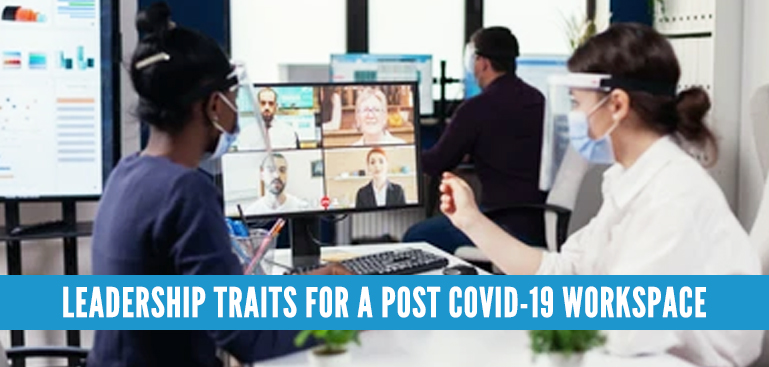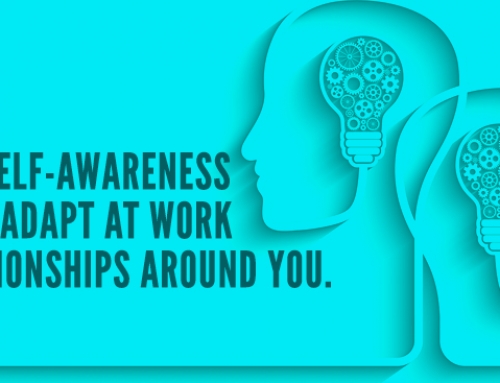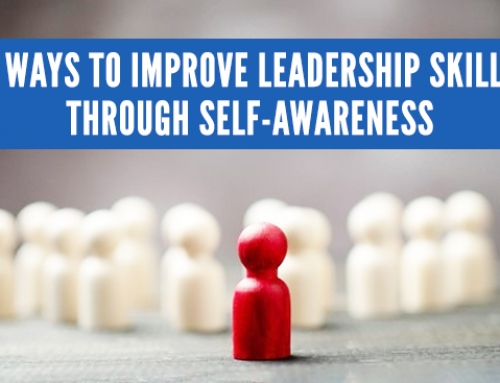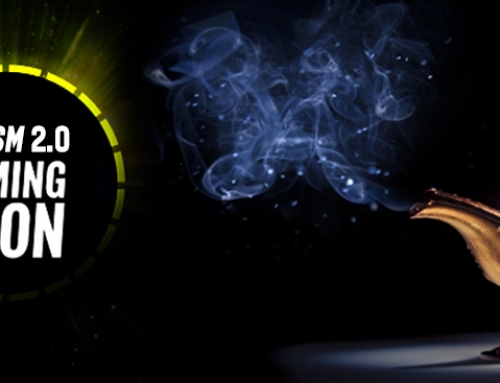In many ways, COVID-19 has changed not only the world but also the DNA of our workplace ecosystem. To lead effectively in this new era, our leaders must change as well. If this pandemic has taught us anything, it’s that leadership matters, and it may matter now more than ever for many organizations facing uncertain futures as the country attempts to emerge from forced hibernation and rebuild a broken economy. We’ve seen certain leadership traits and approaches throughout this tragedy that may have made the difference between life and death. Similarly, different leadership qualities will be required in our organizations.
Candor
In my opinion, having candor is being honest without being ambiguous. While honesty has always been a valuable leadership trait, this situation necessitates a higher level of candor. Candor is arguably the best antidote to a workplace culture of anxiety and cynicism. People react much better to the known (even if the news isn’t great) than to the unknown (which tends to increase anxiety) or, even worse, misleading half-truths or reckless optimism (which can irreparably damage trust long term).
Empathy
Leaders often wear many hats, and as workers return to work, they will undoubtedly become counselors in chief in a variety of ways. Indeed, this tragedy has had such an impact on so many people that many workers will be working while grieving. In such situations being empathetic is important and serves as a motivation for the employees.
Leaders who aren’t naturally compassionate should surround themselves with people who can help them bridge the gap. Unfortunately, a few tone-deaf, insensitive responses or decisions during this time can have tragic consequences for an organization’s understandably fragile psyche.
Adaptability
Most leaders could not have imagined such a drastic and widespread action just weeks before the country began to shut down. Being a leader, in this case, could have meant the difference between life and death. In the face of unprecedented uncertainty, leaders must resist the urge to “stick with a decision” in order to appear decisive and instead be willing to review new data, information, and feedback on a regular basis, changing course if necessary.
Humility
One of the biggest mistakes leaders can make in these uncharted waters is pretending to know more than they do or making decisions based solely on instinct or previous experience. Whether it’s knowledge of public health science, modeling, statistics, human resources, or even legal issues, leaders will almost certainly need to rely on the expertise they don’t possess in order to make the best decisions for the organization. As a result, humility will be extremely valuable. To respond to a difficult question with “I don’t know, but I’ll find out” requires a strong leader.
Active Listening
It may be just as important for leaders to listen as it is to lead as they return to cubicles, elevators, and conference rooms filled with an undercurrent of anxiety. Indeed, this could be one of those rare instances where the organization’s next steps are dictated by public opinion rather than hierarchy.
Self-awareness
Because of this turning point, it’s critical for you as a leader to assess your own performance – as a leader – during this period of crisis. That’s because, as we re-start the country and possibly re-pivot our teams and organizations, we’ll need to be at our best as leaders to make the “back” transition.
And when we’ve done some deliberate reflection on our recent crisis efforts, we’re more likely to be at our best.
‘PRISM Brain Map’ is an online, behaviour profiling tool, backed up by the power of neuroscience and latest technology.
We’re here to help!
‘PRISM self-awareness‘ model helps you understand your personality type, your most and least preferred behaviours and your leadership style.
You can also connect with us on
| Phone : +91 9819 714 238 | Skype : PRISM Brain Mapping | ||
| WhatsApp : +91 9819 714 238 | Email : info@prismbrainmap.com |






